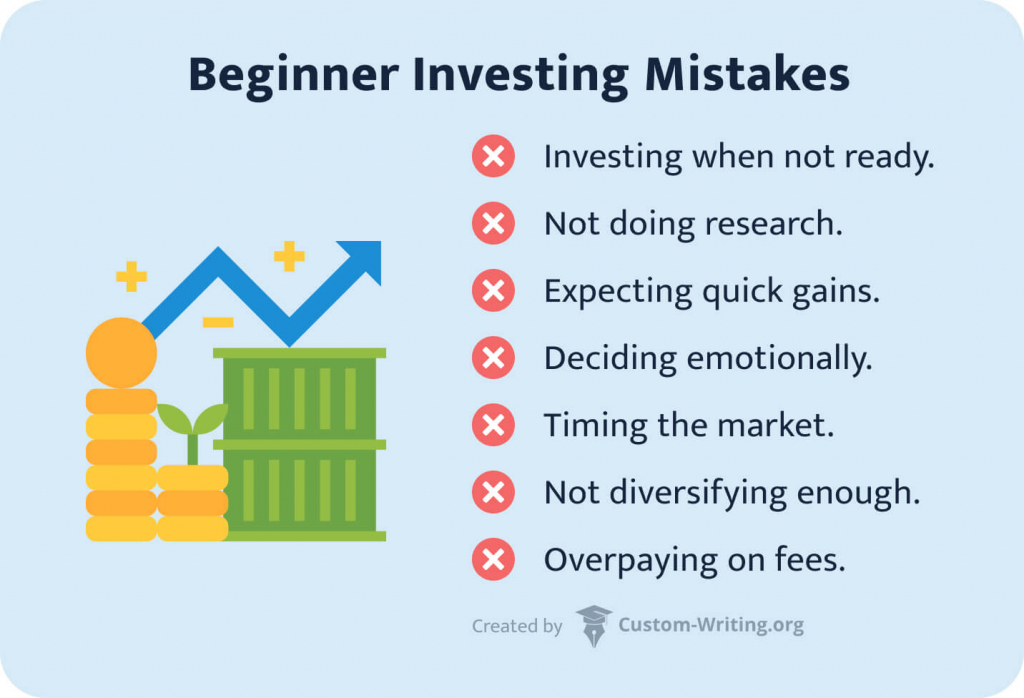
📈 Investment Guides: A Beginner’s Roadmap to Stocks, Index Funds, Cryptocurrencies, and Real Estate
Investing is one of the most effective ways to build wealth over time and secure your financial future. However, if you’re new to investing, the world of stocks, funds, cryptocurrencies, and real estate can seem complex and intimidating. That’s why beginner-friendly investment guides are crucial—they simplify key concepts, break down risks and rewards, and help you start your investment journey with confidence.
In this guide, we’ll explore four popular investment options—stocks, index funds, cryptocurrencies, and real estate—to give you a solid foundation and practical tips to get started.
📊 1. Stocks: Owning a Piece of a Company
What Are Stocks?
Stocks represent shares of ownership in a company. When you buy stock, you become a partial owner and have a claim on the company’s assets and earnings.
Why Invest in Stocks?
Stocks historically offer some of the highest returns compared to other investment types. They’re ideal for investors seeking long-term growth.
Getting Started:
- Understand the Market: Stocks are traded on exchanges like the NYSE and NASDAQ.
- Diversify: Avoid putting all your money in one stock. Spread investments across sectors to reduce risk.
- Choose a Brokerage: Open an account with a reputable broker. Many offer low fees and easy-to-use platforms.
- Research Stocks: Look into company fundamentals—earnings, growth potential, industry trends.
- Start Small: Consider buying fractional shares or starting with a small amount to learn the ropes.
Risks:
Stock prices can be volatile in the short term, influenced by market conditions and company performance.
📈 2. Index Funds: Simple, Diversified, and Low-Cost
What Are Index Funds?
Index funds are a type of mutual fund or ETF (Exchange-Traded Fund) designed to track the performance of a specific market index, like the S&P 500. Instead of picking individual stocks, you invest in a broad portfolio that mirrors the market.
Why Invest in Index Funds?
They offer instant diversification, reducing the risk associated with individual stocks. Index funds also typically have lower fees than actively managed funds.
Getting Started:
- Select an Index: Popular options include the S&P 500, Total Stock Market, or international indices.
- Use Low-Cost Providers: Look for funds with low expense ratios.
- Invest Regularly: Use dollar-cost averaging to buy shares consistently, regardless of market ups and downs.
- Stay Long-Term: Index funds are suited for patient investors aiming for steady growth.
Risks:
Though less risky than single stocks, index funds still fluctuate with the overall market.
💎 3. Cryptocurrencies: Digital Assets with High Potential and Risk
What Are Cryptocurrencies?
Cryptocurrencies are digital or virtual currencies secured by cryptography. Bitcoin and Ethereum are the most well-known examples.
Why Invest in Cryptocurrencies?
Cryptos offer a new kind of asset class with potential for high returns and portfolio diversification. They also represent an innovative technology disrupting traditional finance.
Getting Started:
- Educate Yourself: Understand blockchain technology and how different cryptocurrencies work.
- Choose a Reputable Exchange: Use established platforms like Coinbase, Binance, or Kraken.
- Secure Your Investment: Use hardware wallets or secure apps to protect your assets.
- Start Small: Due to volatility, begin with a small percentage of your portfolio.
- Stay Updated: Crypto markets move fast; stay informed on news and trends.
Risks:
Cryptocurrency prices are extremely volatile and regulatory environments can change rapidly. Only invest what you can afford to lose.
🏘️ 4. Real Estate: Tangible Investment with Income Potential
What Is Real Estate Investing?
Real estate investing involves purchasing property to generate income or capital appreciation. This can include residential homes, rental properties, commercial real estate, or Real Estate Investment Trusts (REITs).
Why Invest in Real Estate?
Real estate offers steady income through rents and potential price appreciation. It’s also a tangible asset that can provide diversification.
Getting Started:
- Decide Your Approach: Direct ownership (buy a rental property) vs. indirect (invest in REITs).
- Evaluate Locations: Research neighborhoods with strong rental demand and growth potential.
- Calculate Costs: Include mortgage, maintenance, taxes, insurance, and vacancies.
- Understand Financing: Learn about loans, down payments, and interest rates.
- Consider Professional Help: Property managers and real estate agents can simplify management.
Risks:
Real estate can be illiquid, meaning it may take time to sell. Property values fluctuate and rentals carry management responsibilities.
🧠 Final Tips for Beginner Investors
- Start Early: Time in the market beats timing the market.
- Diversify: Spread investments across different asset classes to lower risk.
- Educate Continuously: Markets evolve—keep learning.
- Set Clear Goals: Define your risk tolerance, time horizon, and financial objectives.
- Avoid Emotional Decisions: Stick to your plan even when markets are volatile.
✅ Conclusion: Your Path to Financial Growth Starts Here
Investing doesn’t have to be complicated or intimidating. With the right guides and mindset, anyone can begin building wealth through stocks, index funds, cryptocurrencies, and real estate. Each investment option has its unique advantages and risks, but understanding the basics empowers you to make smart choices aligned with your goals.
Explore our detailed beginner guides and start your investment journey with confidence today!
